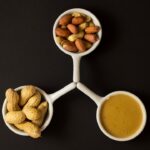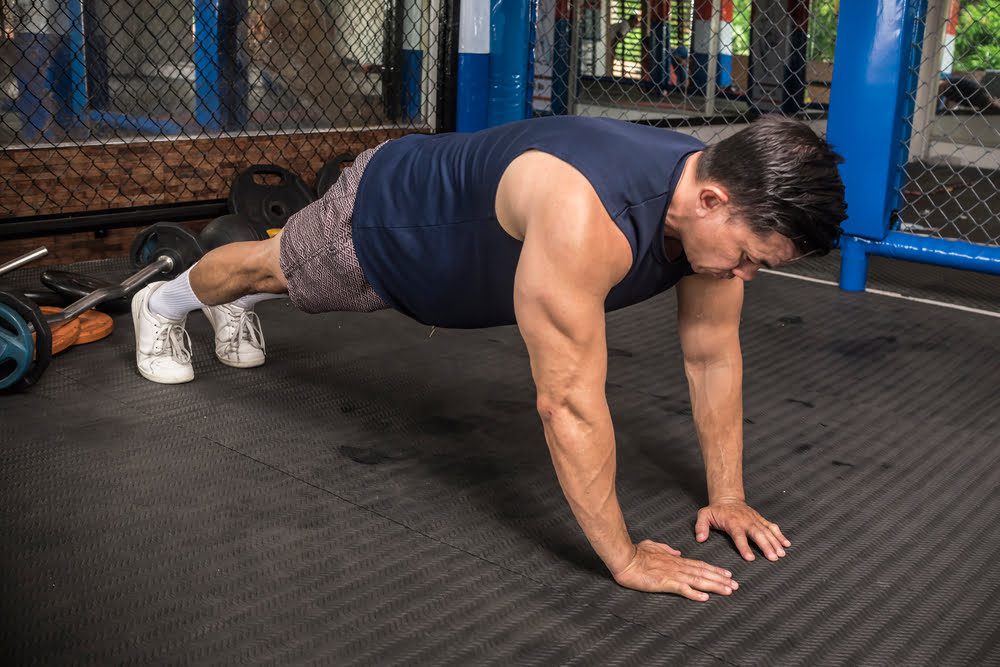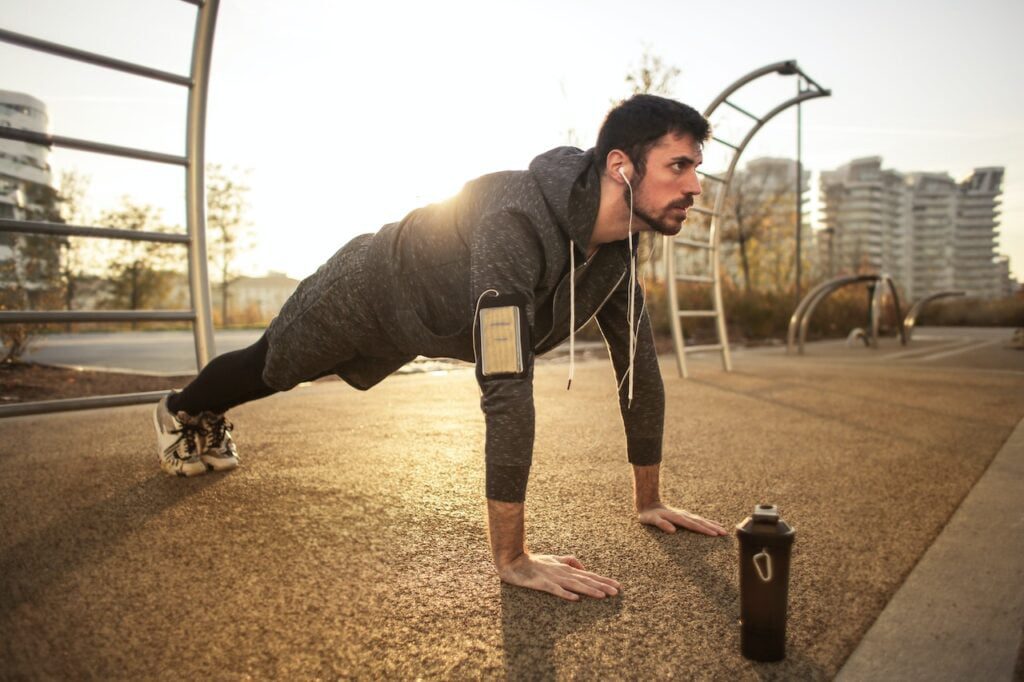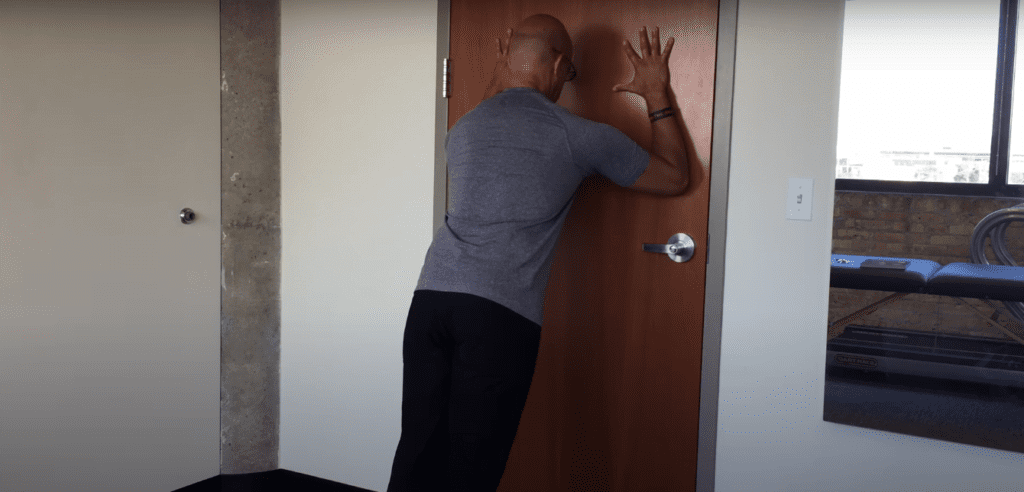As we age, it is inevitable that our muscles will naturally begin to weaken and deteriorate over time. Muscle mass loss is a normal part of the aging process, but if you want to maintain your strength and vitality, it is important to take proactive steps to slow the process. From dietary changes to strength training exercises, there are a variety of ways to combat the decline in muscle mass as you age. In this article, we will discuss the effects of muscle mass loss on the body and how to slow the process.
Why Muscle Mass is Lost As We Age?
Muscle mass is lost as we age due to a decrease in physical activity levels, a decrease in hormones such as testosterone and growth hormone, and a decrease in the body’s ability to repair and rebuild muscle. Lower levels of physical activity can lead to decreased muscle mass due to the loss of lean muscle tissue, and a decrease in the body’s ability to repair and rebuild muscle.
Age-related hormonal changes can further contribute to muscle loss by decreasing testosterone and growth hormone, which are essential for muscle growth and development. Finally, our body’s ability to repair and rebuild muscle can also be impacted by age, leading to a decrease in muscle mass.
Therefore, to maintain muscle mass, it is important to engage in regular physical activity, maintain healthy hormone levels, and ensure our body has the necessary nutrients it needs to repair and rebuild muscle.
Signs of losing muscle mass.
- Decrease in muscle size.
- Decrease in muscle strength.
- Decreased ability to perform physical activity.
- Decrease in muscle tone.
- Loss of coordination.
- Decreased muscle endurance.
- Reduced muscle mass.
- Decreased production of hormones related to muscle growth and maintenance.
10 Ways to Prevent Muscle Mass Loss as We Age.
1 Exercise regularly.

Regular exercise is one of the best ways to prevent muscle mass loss as we age. This can include activities such as weightlifting, resistance training, aerobic exercise, swimming, and yoga. Aim to exercise for at least 30 minutes every day for maximum benefit.
2 Eat a balanced diet.

Eating a balanced diet can help provide your body with the nutrients it needs to build and maintain muscle. Focus on eating lean protein, whole grains, fruits and vegetables, and healthy fats.
3 Increase your protein intake.
Eating more protein can help prevent muscle loss as we age. Aim for at least 0.8-1.2 grams of protein per kilogram of body weight per day. Good sources of protein include lean meats, fish, eggs, dairy, nuts, and legumes.
4 Get enough rest.
Getting enough quality sleep is important for maintaining muscle mass as we age. Aim for at least 7-9 hours of sleep per night.
5 Avoid smoking.
Smoking can increase the rate of muscle loss as we age. Avoiding smoking can help prevent this.
6 Take dietary supplements.
Taking dietary supplements can help provide your body with the nutrients it needs to build and maintain muscle. Supplements such as protein powder, creatine, and branched-chain amino acids are all beneficial for muscle growth and maintenance.
7 Reduce stress.

Stress can have a negative impact on muscle mass as we age. Aim to reduce stress by practicing relaxation techniques such as deep breathing and mindfulness meditation.
8 Avoid alcohol.
Excessive alcohol consumption can lead to muscle loss as we age. Avoid excessive drinking and stick to the recommended daily limit of 1-2 drinks per day.
9 Monitor your weight.
Monitoring your weight can help you detect early signs of muscle loss and take action to prevent it.
10 Stay hydrated.
Staying hydrated is important for maintaining muscle mass as we age. Aim to drink at least 8-10 glasses of water per day.
Frequently Asked Questions.
1 Can you regain muscle mass after the age of 70?
Yes, it is possible to regain muscle mass after the age of 70. With regular exercise and a balanced diet, seniors can build muscle, improve strength and mobility, and reduce the risk of falls and other diseases. It is important to consult with a doctor before beginning any exercise program, as certain medical conditions may limit a person’s ability to exercise.
2 How do you stop age-related muscle loss?
Sarcopenia, or age-related muscle loss, can be prevented or slowed by maintaining an active lifestyle with regular exercise including weight training, resistance training, and aerobic exercise. Additionally, eating a balanced diet with adequate amounts of protein, fruits, vegetables, and lean proteins can provide necessary vitamins and minerals to support muscle building. Lastly, managing chronic health conditions and diseases can help to avoid muscle loss.
3 Is it true that men lose muscle mass as they get older no matter how hard they try to build bigger muscles?
Yes, it is true that men lose muscle mass as they age, even if they put a lot of effort into trying to build bigger muscles. The amount of muscle mass that is lost over time depends on the individual’s lifestyle, diet, and genetics. As a person ages, their metabolism slows down and it becomes more difficult to build and maintain muscle mass. Exercise, especially strength training, can help to combat this natural process and help slow the rate of muscle loss.
4 What vitamin stops age-related muscle loss?
Vitamin D is believed to help stop age-related muscle loss, also known as sarcopenia. Vitamin D helps increase the synthesis of muscle proteins, which in turn helps maintain and build muscle mass. Vitamin D is found in foods such as fatty fish, dairy, fortified cereals, and eggs. Additionally, it can be obtained through sun exposure and supplementation.
Bottom Line.
It is clear that as we age, we naturally lose muscle mass. However, this process can be slowed down and even reversed with proper exercise and nutrition. Therefore, it is important to keep our bodies active and healthy throughout our lives, so that we can maintain our muscle mass and overall health.















































 Workout
Workout

 Meditation
Meditation
















